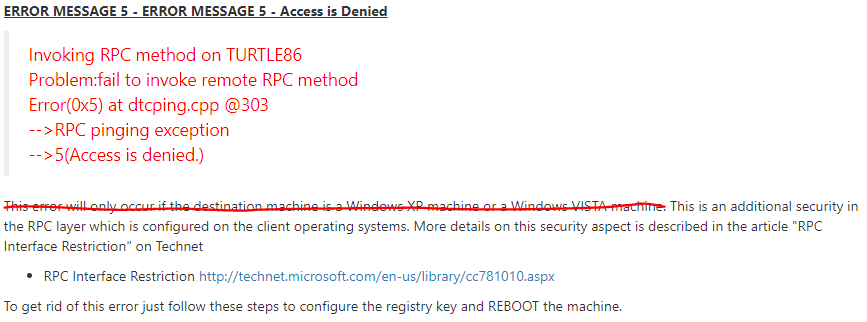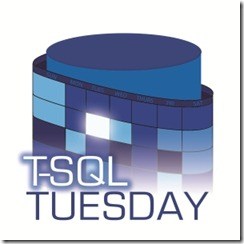Probably you had the need to script out some objects from a SQL Server instance/database and this is quite easy. You just need to right click on the object (well…not on every single one, try it with an Availability Group :-), no script option available) select “Script XXXX as” and you have it.
But have you realized that this option doesn’t bring all the stuff? Let’s say you are scripting a table and you have a Non-Clustered index or a trigger…using this option some of the objects under the table will not be scripted out. I understand this as each one of this is a different object, which means if you go to each one you can right click and script just that one.

